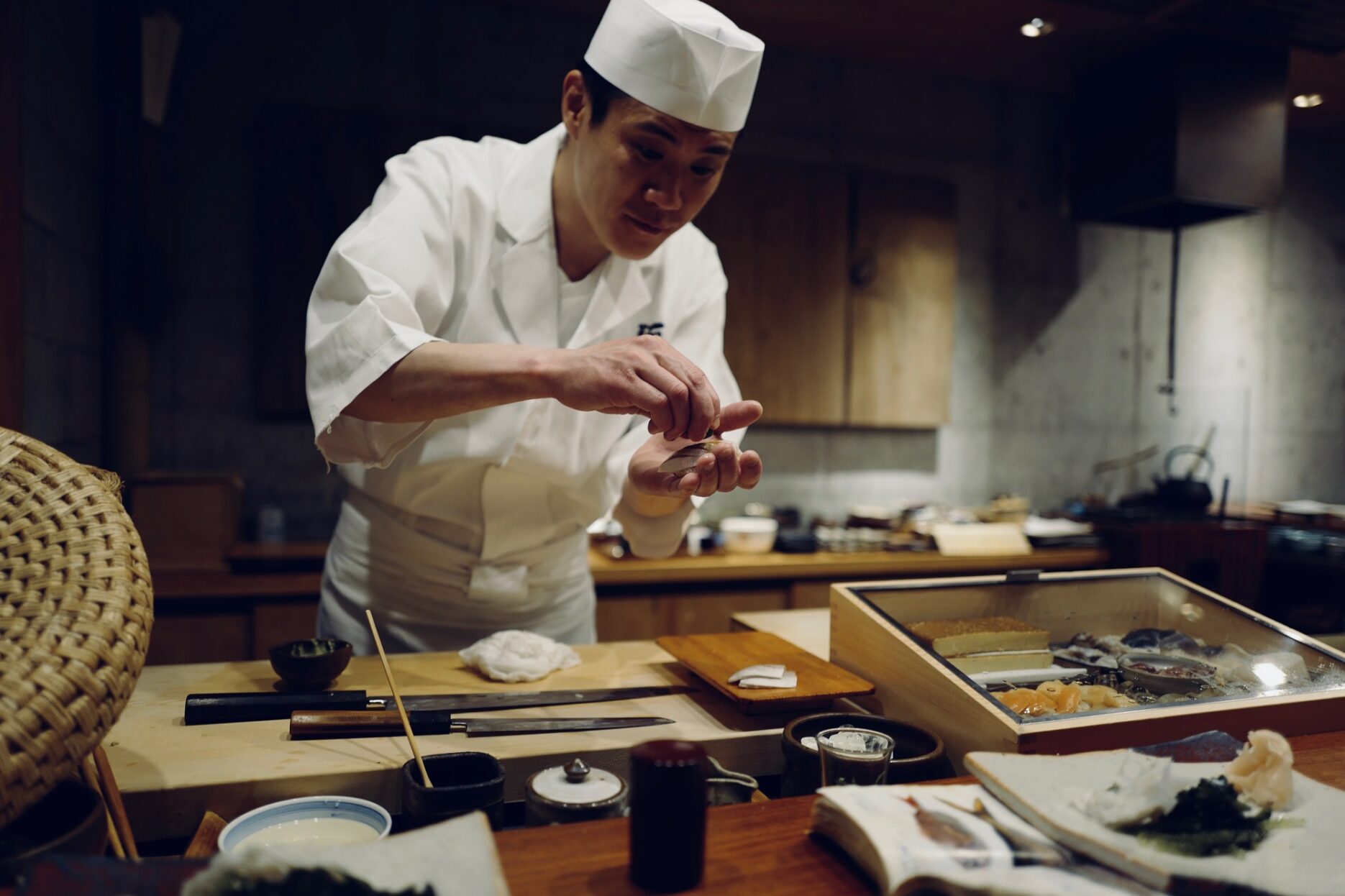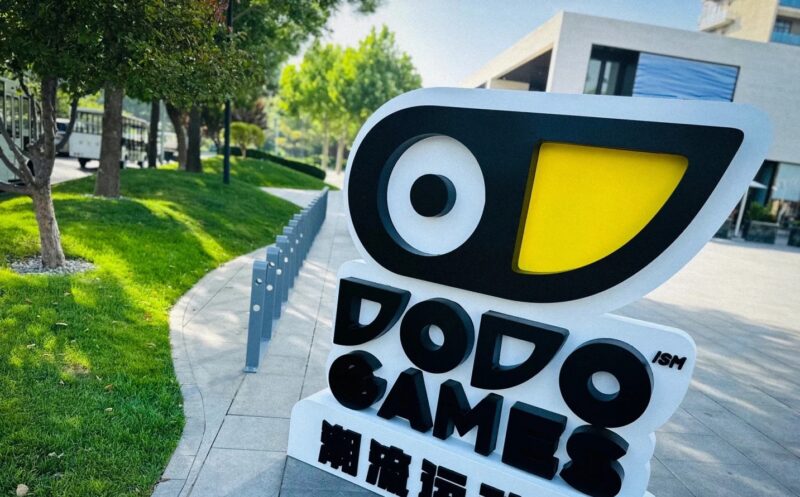Beijing has announced tighter scrutiny on foodstuffs imported from several regions of Japan following Tokyo’s controversial decision to discharge nuclear waste into the Pacific Ocean.
China’s General Administration of Customs said it will fully screen all edible imports arriving from 10 Japanese prefectures, including Fukushima, in what amounts to a de facto ban. The administration said Tokyo’s plan “failed to fully reflect expert opinions” despite gaining UN approval. The plan has been in the works for several years after the Fukushima nuclear disaster of 2011 led to the build-up of 1.32 million metric tons of highly radioactive wastewater at the region’s power plant.
At a press conference on July 6, Wang Wenbin, a spokesperson for the foreign ministry, criticised Japan’s actions in no uncertain terms.
“The Japanese chose the least economically costly option while transferring the risk of nuclear contamination to the whole world,” said Wang. “Such an approach, which puts money above human life and health, is bound to be rejected by the international community.”
The topic “China bans imports from Fukushima and other regions” made the hot search list on Weibo, China’s Twitter equivalent, on July 7 and gained over 200 million views. Unsurprisingly given the longstanding tensions between Japan and China, many netizens were supportive of the measure, with one comment calling for a larger-scale ban receiving 6000 likes.
Tokyo’s decision had already begun to impact Chinese consumers prior to the introduction of full screening measures. Proctor & Gamble, the parent company of Japanese skincare brand SK-II, recently assured netizens that skincare products manufactured near Fukushima are completely safe from nuclear contamination. P & G’s damage control measures came after a viral campaign on Weibo triggered a boycott of Japanese cosmetics.
This year, prior to the UN-approved decision, several local foodstuffs retailers in China were fined for illegally selling products produced in Japan’s “radiation zone” (within Fukushima). One retailer was fined as high as 30,000 RMB (4151.44 USD). The high fines imposed prior to the de facto ban indicate Beijing is likely to be even more rigorous in its scrutiny of Japanese foodstuffs going forward.









